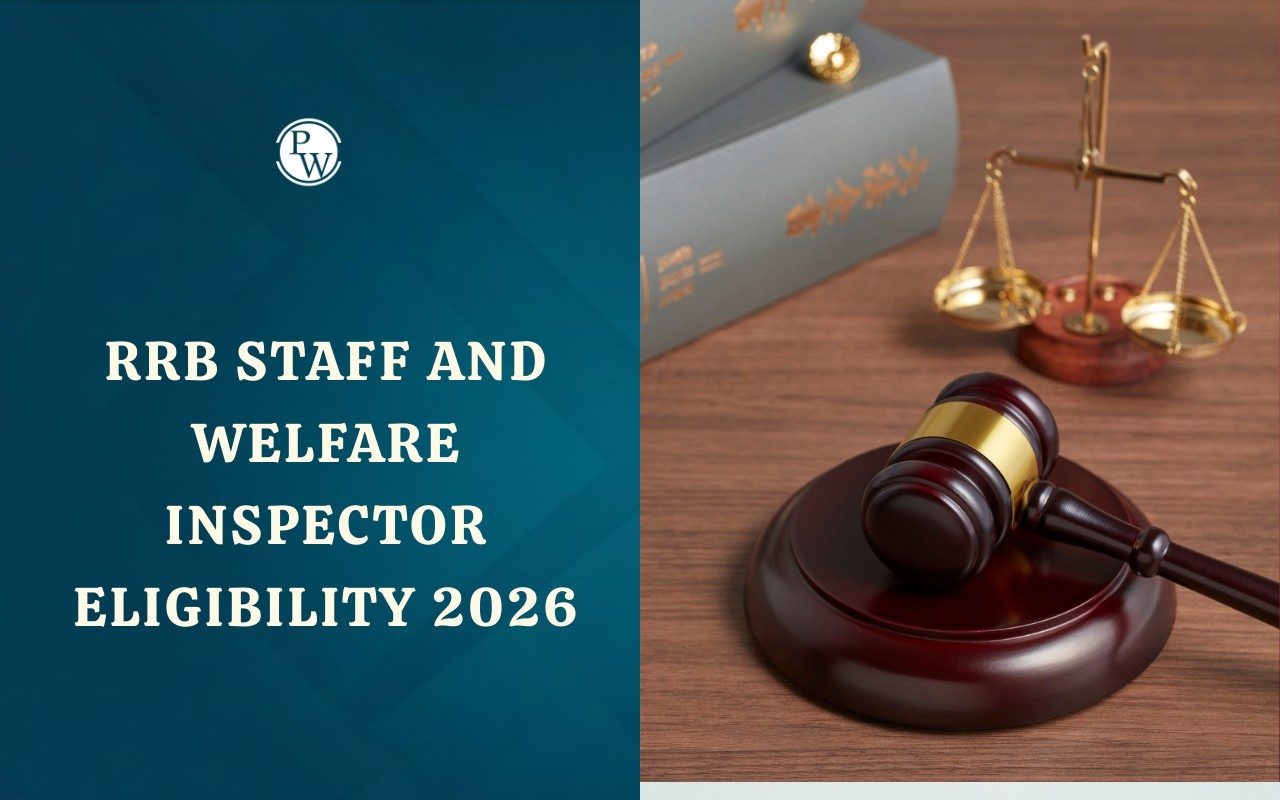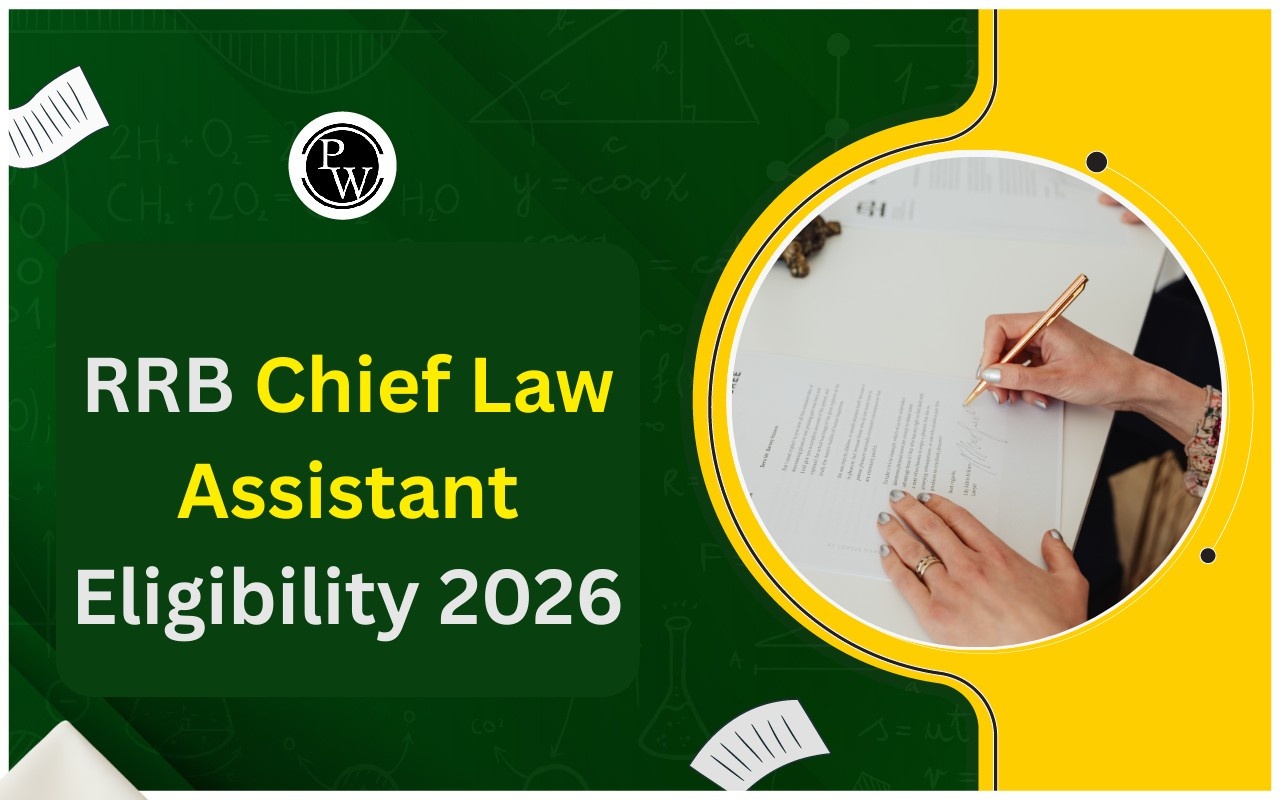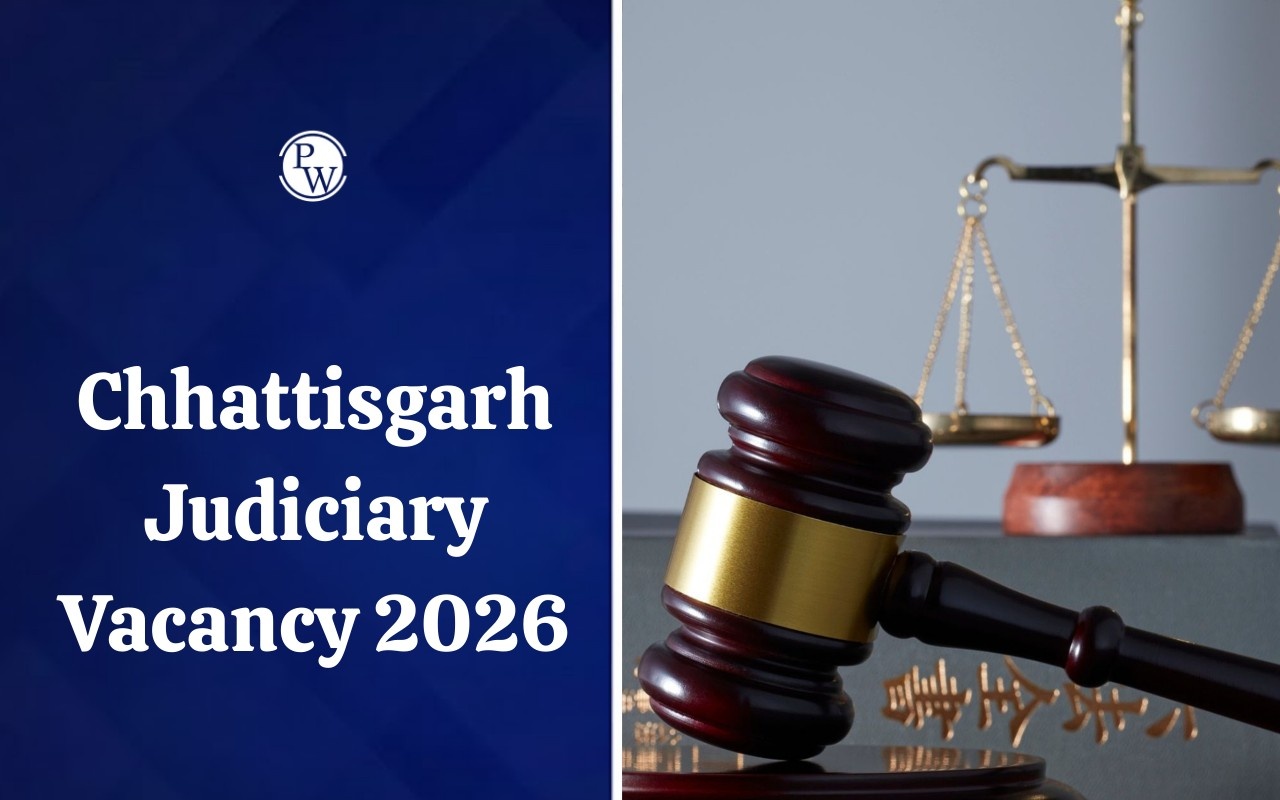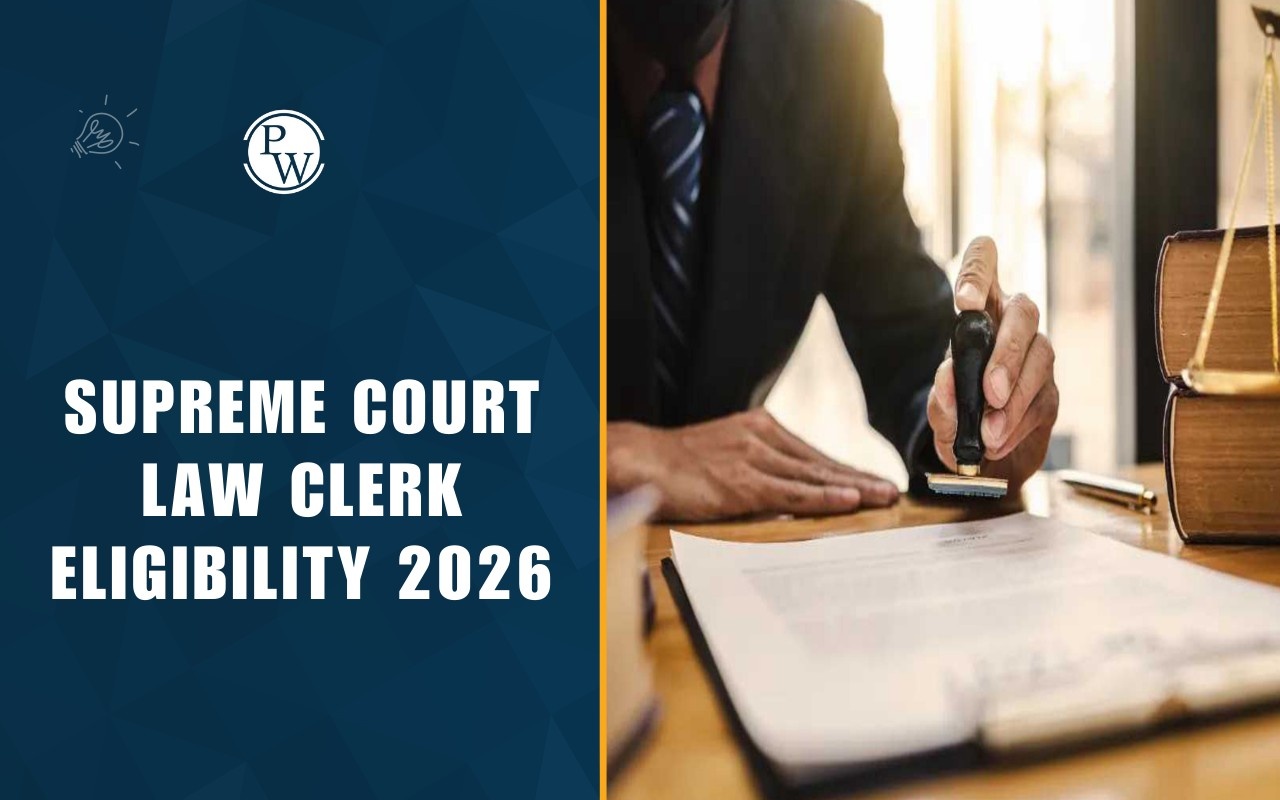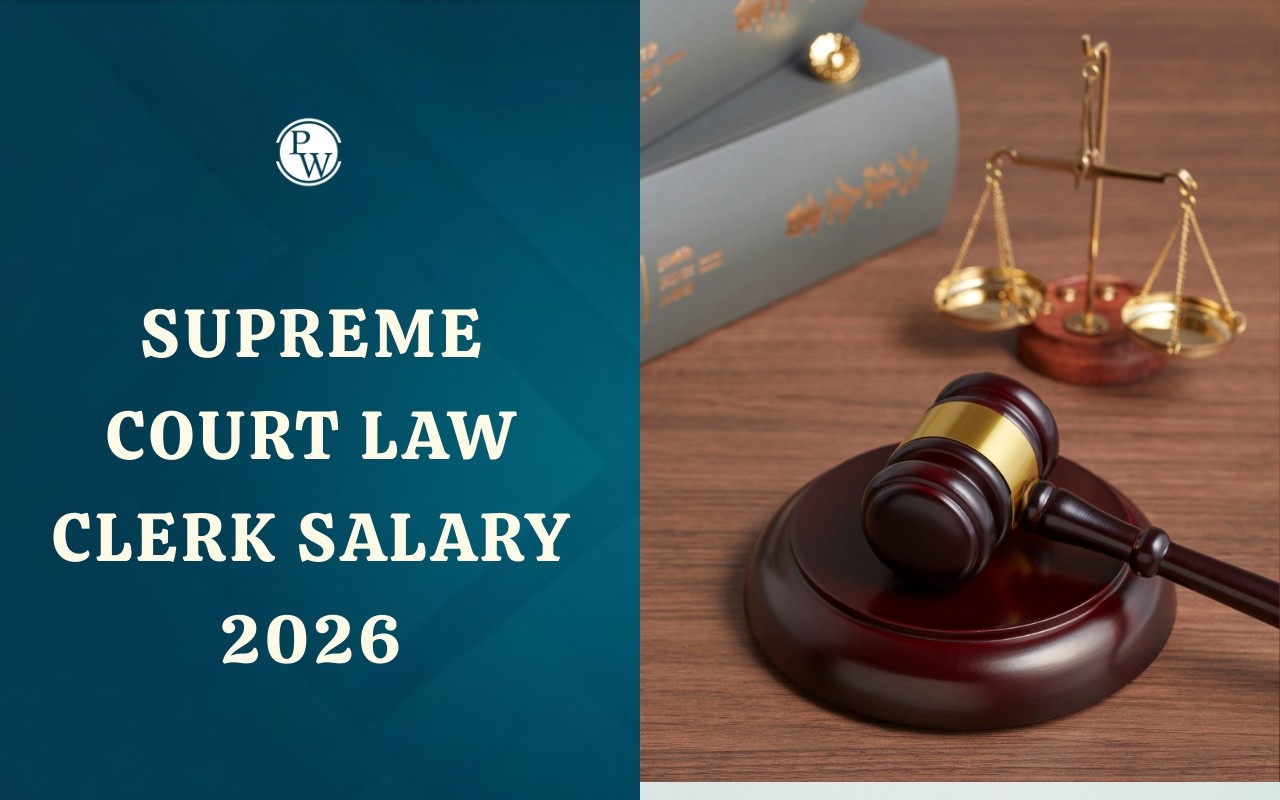
How to Become High Court Judge?
How to Become High Court Judge?: The High Court Judge is a prestigious position in the judicial hierarchy. There are 25 High Courts in India. Candidates aspiring to become one have to qualify for the Judicial Services Exams for the respective states. The High Court Judge has a lot of power and people treat them with respect and dignity. He presides over the court hearings, listens to both defendants and prosecutors and gives judgments favoring either party. Candidates must have a law degree and a practicing lawyer to be eligible for the post of High Court Judge.
Qualifications to Become a High Court Judge
For the post of High Court Judge, the Collegium headed by the CJI of India , selects the names of a few judges and recommends them to the government, and law ministry. The law ministry upon careful inspection recommends these names to the President. The President then appoints suitable candidates for the post of High Court Judge. The required qualifications for candidates to be eligible for this post are given below.- He/She must be a citizen of India.
- The person should be a practicing advocate for at least 10 years .
- There is no age limit .
- There are no specified provisions stated for the appointment of High Court Judges compared to the appointment of Supreme Court Judges.
Eligibility to Become a High Court Judge
The High Courts of India are considered the highest courts of appellate jurisdiction in India for every state and union territory of India. Candidates must go through the Judiciary eligibility criteria for more clarity regarding the post.- The person should have a LLB/LLM degree.
- The person should hold a judicial office for at least 10 years in India or he/she must be a practicing advocate in High Court for at least 10 years.
- The person should be enrolled under the Bar Council Of India.
What Does a High Court Judge Do?
High Court Judges hold a prestigious position within India's legal system. As leaders of the highest judicial authorities at the state level, they oversee constitutional courts that play a key role in supporting justice. Their appointment is made by the President of India, in consultation with the Chief Justice of India and the Governor of the respective state. To qualify, a person must have practised as an advocate for at least five years or served in a judicial capacity for ten years.
Primarily, High Court judges hear appeals on civil and criminal matters from subordinate courts. They are also responsible for overseeing the functioning of these lower courts to ensure proper judicial conduct and efficiency. In certain cases, they exercise original jurisdiction, enabling them to try cases directly. They also interpret constitutional provisions and have the authority to invalidate state or central laws that violate the Constitution. In addition to adjudicatory powers, High Court judges can take up public interest litigations involving fundamental rights and are entrusted with administrative responsibilities for managing the judicial system within their jurisdiction. Their role is central to maintaining the rule of law and delivering fair justice.
Judicial Services Exams to Become a High Court Judge
For different states, candidates have to qualify for their respective Judicial Service Exam for the post of High Court Judge. Some of the state exams are Gujarat Judicial Service Exam, Haryana Judicial Exam, Rajasthan Judicial Exam , Madhya Pradesh Judicial Exam, Uttar Pradesh Judicial Exam, and Odisha Judicial Exam. The judicial exams consist of three phases, namely, prelims, mains, and the interview rounds. Candidates have to qualify for each round to move ahead for the next stage. The prelims is of a qualifying nature, but the marks secured in the mains exam, and the interview rounds are added up for the final selection.High Court Judge Retirement Age
According to the Section 4 of the Constitutional Act 1963 the retirement age of the High Court Judge is 62 years . After the 15th Amendment of the Constitution of India, the retirement age has been increased from 60 years to 62 years.Salary and Allowances to Become a High Court Judge
The salary of a High Court Judge varies from state to state. But it can be stated that a High Court Judge earns up to INR 2,25,000/- per month. An additional allowance of INR 27,000/- i s also provided to them including their expenses. The High Court Judge salary in India is charged from the Consolidated Fund of the State and is determined by the Parliament from time to time. Apart from the steady salary the judges are provided with perks and benefits such as dearness allowance (DA), travel allowance, mobile allowance, conveyance allowance, and many more. In total, the overall salary package including all the allowances and benefits is quite attractive and lucrative.Preparation Tips to Become a High Court Judge for Aspirants
Candidates aspiring to become the High Court Judge must be resilient and rigorous in their preparation journey. Aspirants must be fully committed to the exam preparation and should follow every possible way to accomplish their dream. Some important tips that might help aspirants in their journey are given below.- Selection of State Judicial Exam: Every State Judicial exam has a different exam pattern and question type. So think through while choosing one of the State Judicial Exams amongst many. Start your preparation accordingly then.
- Learning Bare Acts: The Bare Acts form the crux of the judicial exam, be it prelims or mains. So try to learn them and revise them thoroughly before the exam. For the mains answer writing section, you can use Bare Act references to make it more effective.
- Be aware of the landmark judgments: This is included in the current affairs section of the exam paper. You must read newspapers regularly to keep updated on the important judgments taking place around the country. For the descriptive paper, you can include facts and figures related to current affairs to make your answer more emphatic.
- Solving Sample Papers: Practice as much as you can. Try to solve the sample question papers of the respective judicial exam. This will make candidates conversant with the pattern of the paper.
- Time Management: Plan out your blueprint for the exam. Time management is the key to success. So allocate time according to the difficulty level of the topics.
- Consult reference books: Go through all the resources available online and offline for the preparation of the exam. Read reference books and make notes. For different state exams, there are different books provided. So, read them according to the specific state exam.
How to Become High Court Judge? FAQs
Who decides how many Judges in the High Court?
What is the limit of Judges in the High Court?
Which state has no high court in India?
Who can remove a judge of the High Court?
Can a 25 year old become a judge?

